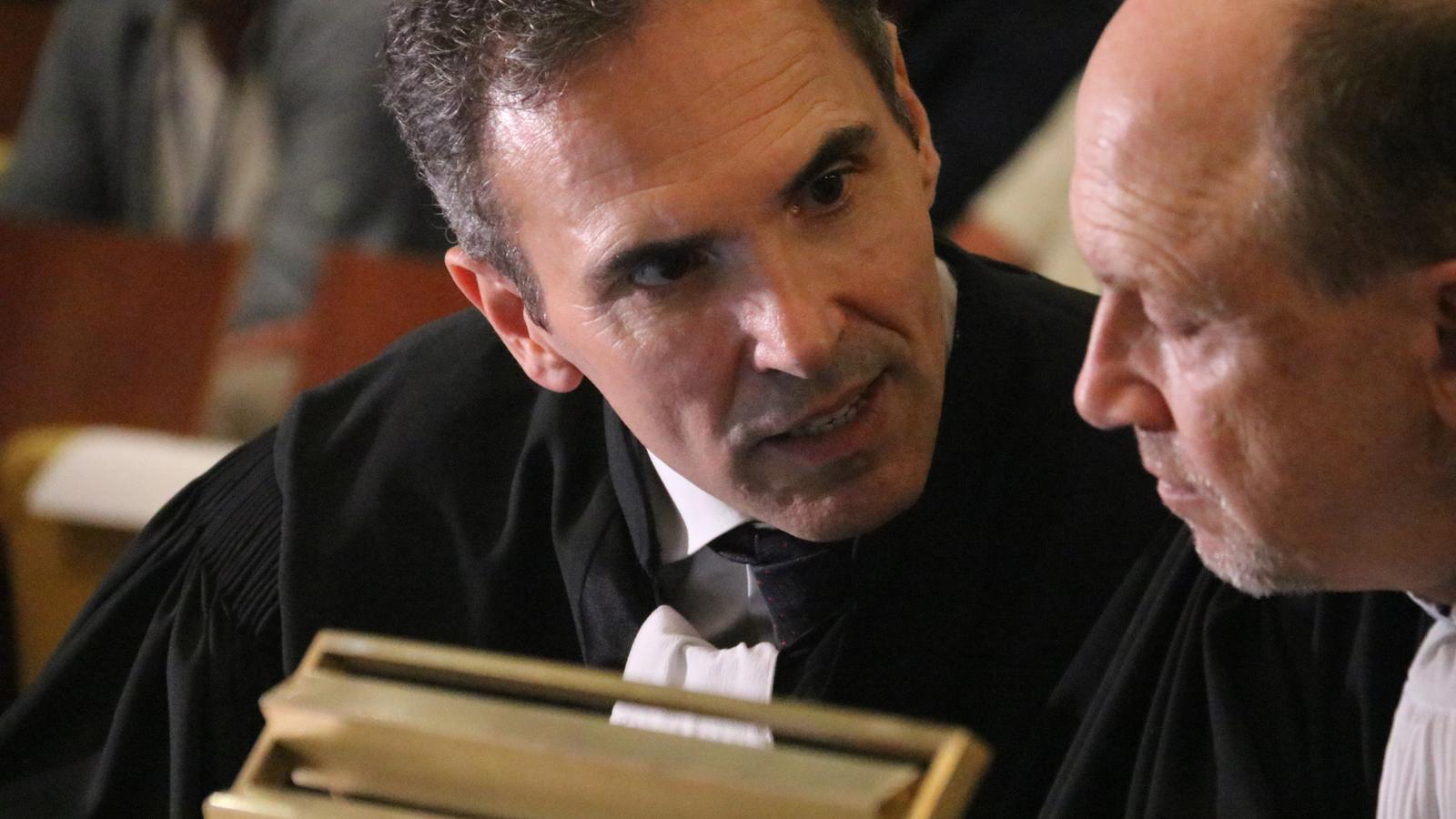Carlos Urraca, the EU lawyer who has adopted the PP's arguments as his own.
The lawyer made a very strong political argument in the CJEU against the measure agreed between the Moncloa and the pro-independence parties.


BrusselsHe avoids the spotlight, doesn't have social media, and almost no one knew him. However, he was one of the week's protagonists: Carlos Urraca, the European Commission lawyer who strongly criticized the amnesty law being considered in Luxembourg. He didn't hesitate. to call it "self-amnesty" And, at the end of the argument, he said goodbye, asserting that the measure contravened European law.
Sources from the defendants' defense team expressed surprise at his eminently political interventions and his harsh and challenging tone, even with the president of the Court of Justice of the European Union (CJEU), Koen Lenaerts. However, at the end of the hearing, Urraca calmly left, quietly dodging all attempts by journalists to speak with him.
The little that has emerged about Urraca is that his professional life is closely linked to the European institutions. He has worked in the legal services of the European Commission since 2006 and had previously worked at the European Central Bank (ECB) and was a lawyer at the CJEU itself. As is typical among senior EU officials, he studied a master's degree in law at the College of Europe in Bruges. He also holds a degree in law from the UNED (National University of Education) and a degree in economics and business administration from the University of Navarra, which oversees Opus Dei.
Although Urraca handles state aid and competition cases, the European Commission's legal services chose him to defend Brussels' position on the amnesty. A choice that has surprised at least part of the defense of those accused in the Process and that was made when this department was headed by Daniel Calleja, whose professional career in the European institutions has been closely linked to senior PP officials.
In fact, when the arguments that Brussels had sent to the CJEU regarding the amnesty came to light, the Minister of the Presidency and Justice, Félix Bolaños, himself, He blamed the attacks against the Calleja law"He's a former chief of staff to two PP commissioners and has managed to introduce his arguments into the document," Bolaños tweeted. Whatever the reason, Calleja ceased to be Director General of the European Commission's Legal Services after the start of drafting this harsh report against the amnesty, which Urraca defended tooth and nail before the CJEU.
